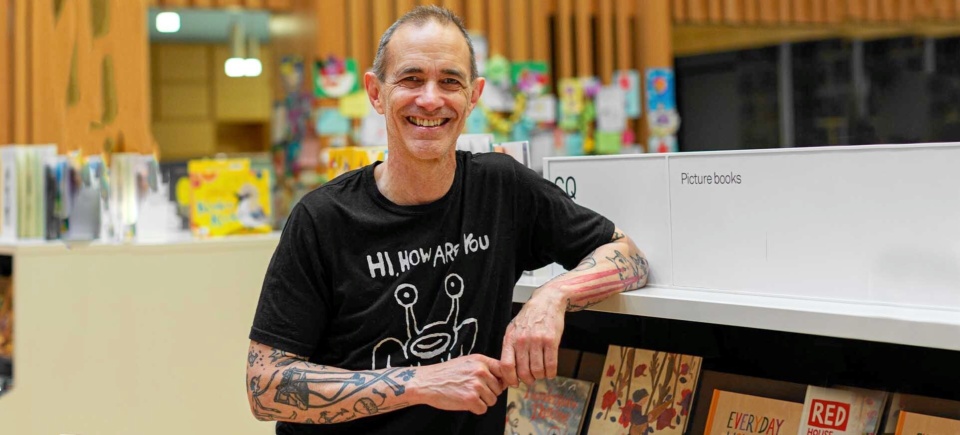
The king of literary silliness becomes Australia’s Children’s Laureate
Posted on 25 Feb 2026
Author Andy Griffiths has spent 30 years bringing “punk rock” to children’s books, making kids…
Posted on 27 Nov 2023
By Greg Thom, journalist, Institute of Community Directors

Veteran social justice warrior Paul Bird is on a mission to harness the collective power of organisations that exist to help protect the planet.
Tell us a little about your background in the not-for-profit sector.
Social and environmental justice have been my North Star from an early age. I was fundraising for Greenpeace and Survival International at school before custard-pieing lecturers at university to raise money for a local disability school.
Over the past 25 years, I’ve had the opportunity and privilege to work with not-for-profits in West and East Africa, Bosnia and Croatia during the conflict, the Philippines and Pakistan after earthquakes, the Pacific Islands, and in housing and homelessness, training and employment, youth addiction and mental health, disability and social enterprise in Melbourne.
Given their expertise, reach and customer engagement, I’ve developed corporate partnerships with Jetstar (StarKids), Spotlight (Stitch in Time), Accor (Charcoal Lane) and recently Mercedes-Benz, Cleanway and 99 Bikes (Brainwave Bikes).
During COVID, I published a book on my experiences with business and NFPs called PurposeFull: How businesses & not-for-profits do better as purpose-driven organisations.
I currently head up Brainwave Australia, chair the board of the Lord Mayor’s Charitable Foundation, and sit on the board of the Aspen Foundation.
What is Zero Together?
As a CEO and CFO in NFPs over the past 20 years, I’ve struggled to find reliable, low cost services that help managers and boards to develop an action plan to reduce emissions.
I set up Zero Together as Australia’s first and only social enterprise designed to support NFPs to measure, reduce and offset their greenhouse gas emissions.
Zero Together is a low-cost, easy-to-use platform built to meet the specific needs of NFPs.
It includes a wide range of information ranging from policy templates and measurement tools to how to set up a green team to engage employees, backed by a detailed checklist of actions to take to reduce emissions.
The platform also explains carbon offsets and carbon neutral accreditation.
"For those NFPs that have or seek government funding, governments at all levels are increasingly requiring their contractors to align to their climate action policies and demonstrate their environmental action."
Why do NFPs need to reduce their emissions?
At the 21st Conference of the Parties (COP21) in December 2015, 195 nations adopted the Paris Agreement, which pledged to “hold the increase in the global average temperature to well below 2°C above pre-industrial levels and pursue efforts to limit the temperature increase to 1.5°C above pre-industrial levels.”
Since that time, global increases have already exceeded 1.1°C with 2023 predicted to be the hottest year on record.
Australia has exceeded a 1.4°C increase since 1910 and we experience the effects of more intense and frequent weather events and patterns with winds, floods, bushfires and droughts.
The heat waves, property damage and higher prices for food and insurance adversely affect the health and cost of living of the people NFPs are trying to support.
More than 80% of Australians say they are concerned about climate change and its impacts, according to the Ipsos Climate Change Report 2022.
For NFPs, these people are their own employees, the staff of corporate partners, or current and potential supporters.
If they are to work for, partner or donate to an NFP, they are looking for organisations to demonstrate their environmental sustainability credentials and be part of the response to the climate crisis.
For those NFPs that have or seek government funding, governments at all levels are increasingly requiring their contractors to align to their climate action policies and demonstrate their environmental action.
Lastly, we are seeing more legal action taken against board directors for not acting on emissions in the light of the effect of climate change on their business.
This may extend to NFP boards in the future, given the health and financial impacts of climate change on the people they support.

What does Zero Together hope to achieve?
We know that the global tipping point that triggers accelerated climate warming starts to become significant once average worldwide temperatures rise 1.5C above pre-industrial levels.
We also know that's likely to happen in the 2030s. We have limited time now to take action.
As a large sector that employs one in ten Australians and leads with purpose, I believe that NFPs should take responsibility and be part of the solution – not add to the problem. As a sector, we can make a substantial difference by reducing our greenhouse gas emissions.
What's next for Paul Bird?
I would love to see our sector take a coordinated leadership role in accelerating our response to climate change in government policy, in systems change (including the adaptation of food systems, town planning and infrastructure urgently needed to safeguard our communities) and in community-owned and community-led local responses.

Posted on 25 Feb 2026
Author Andy Griffiths has spent 30 years bringing “punk rock” to children’s books, making kids…

Posted on 18 Feb 2026
When Nyiyaparli woman Jahna Cedar travels to New York next month as part of the Australian…

Posted on 11 Feb 2026
Rev. Salesi Faupula is the Uniting Church’s moderator for the synod of Victoria and Tasmania. Born…
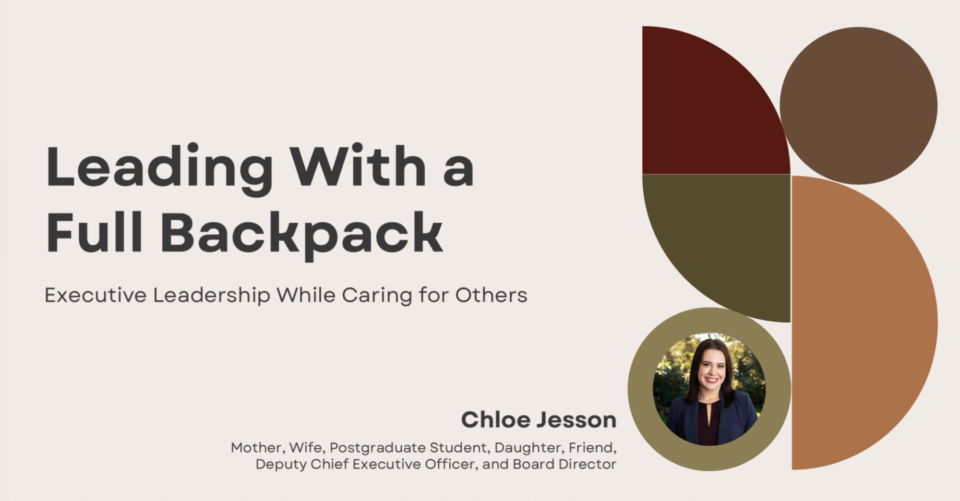
Posted on 04 Feb 2026
At the Third Sector leadership conference in Sydney last year, Queensland health executive Chloe…
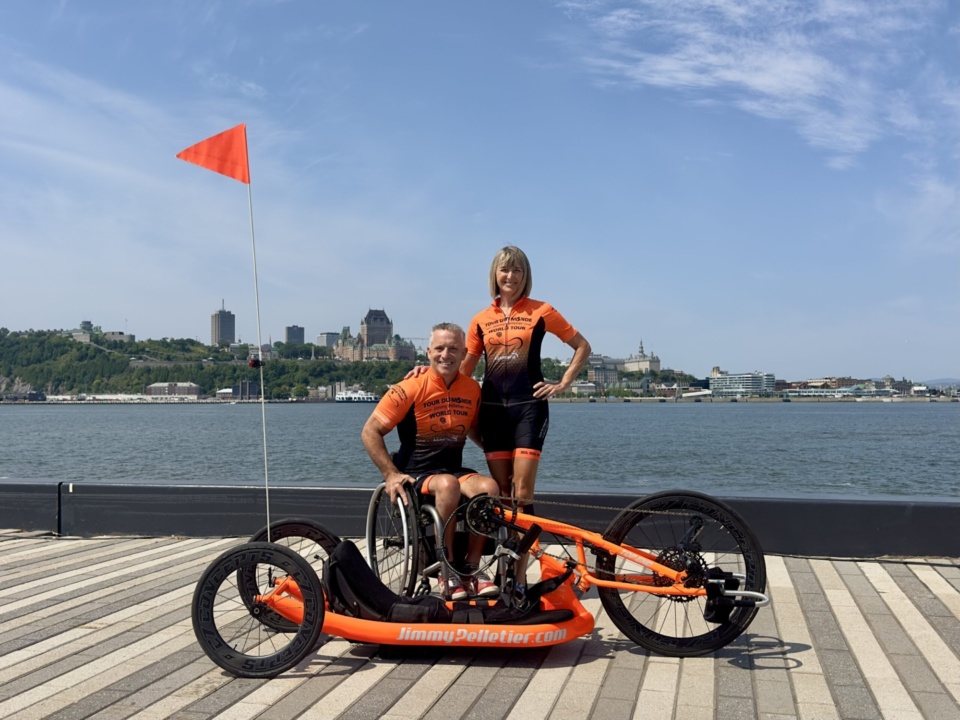
Posted on 28 Jan 2026
French-Canadian Jimmy Pelletier, who lives with paraplegia, is six and a half months into a…
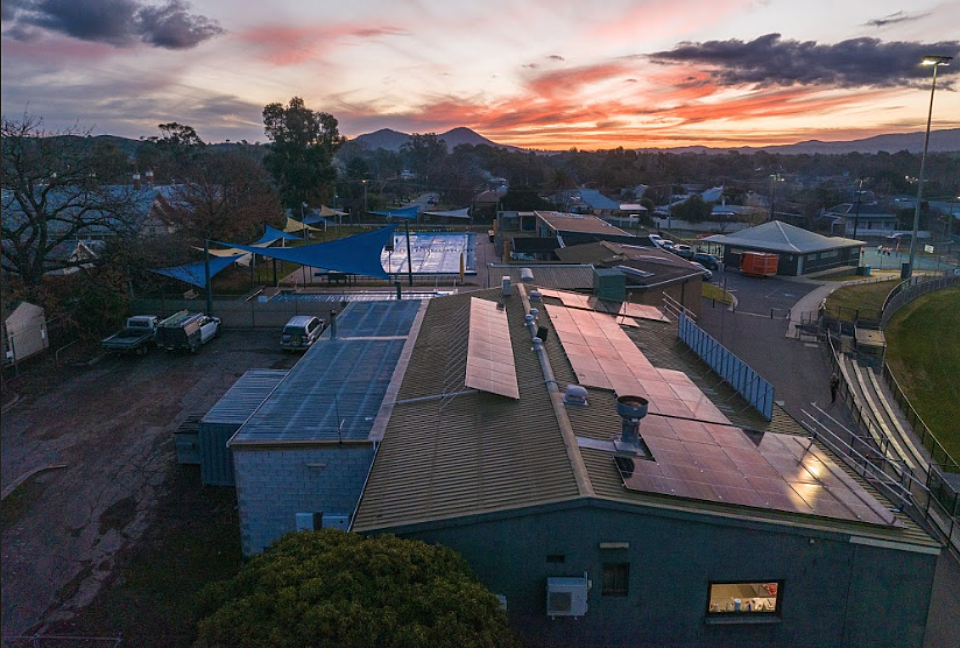
Posted on 16 Dec 2025
Lex Lynch spent more than two decades in the climate change and renewables field before last year…
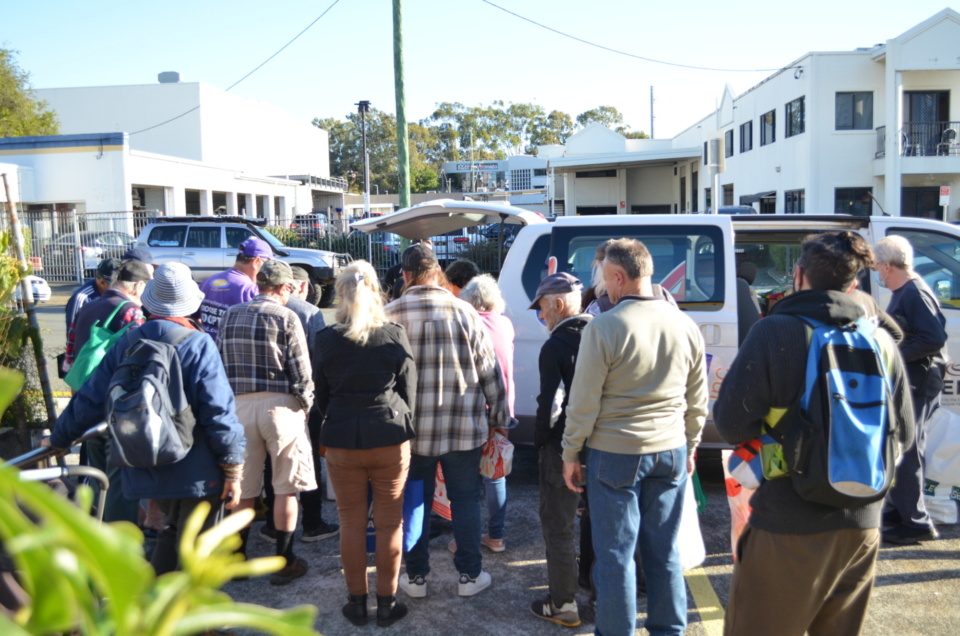
Posted on 10 Dec 2025
A long-time advocate for rough sleepers in northern New South Wales has been named her state’s…

Posted on 03 Dec 2025
Emma-Kate Rose is the co-CEO of Food Connect Foundation, working with communities to support the…

Posted on 26 Nov 2025
Next Wednesday, December 3, All Abilities ambassador Greg Pinson will be celebrating the…

Posted on 19 Nov 2025
Lora Inak is the author of the Cockatoo Crew books, a new children’s fiction series (illustrated by…

Posted on 11 Nov 2025
Project Manta, a long-running scientific study that includes a citizen scientist component, is…

Posted on 04 Nov 2025
Diamando Koutsellis is the CEO of the not-for-profit Australian Ceramics Association, as well as a…